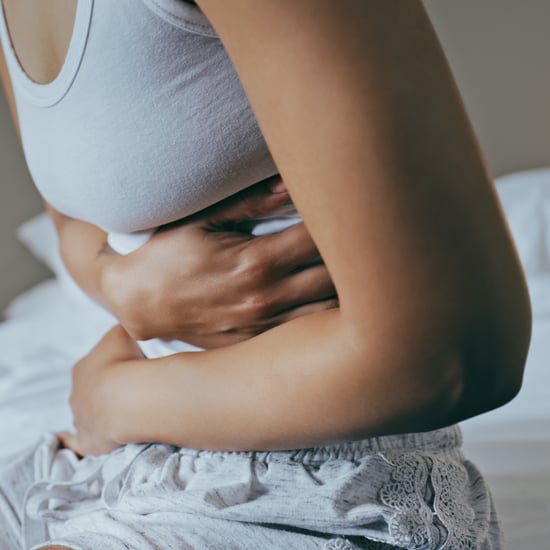How Long Should Your Period Last?
5 Things That Can Really Affect the Length of Your Period

Every woman is different. We all have different lifestyles, different body types, different diets, and different genetic makeups. What may be normal for one woman is abnormal for the other. Generally though, there is a typical length that doctors have reached a consensus on and that is three to five days. As long as your period length is consistent every cycle, this is usually a good indication that your hormones are balanced. However, if the length fluctuates or there is absence of period, this is when various factors may play a role.
1. Overweight
We spoke to expert nutritionist and certified master personal trainer Danielle Girdano who told us that weight gain fluctuating away from a woman's normal healthy weight may result in skipping of the menstrual cycle or a really short period. She told POPSUGAR, "The more significant the weight gain or the shorter the time the weight gain happens under, then the more likely the cycle will stop." When you gain weight as fat, it can lead to hormone imbalance which will ultimately stop ovulation.
2. Underweight
If you are below your normal weight, that also puts you at risk, especially if you are calorically restricting yourself. Girdano says that being underweight causes low oestrogen levels, which is necessary for ovulation to occur. However, gaining back some weight in a healthy way can restore a normal length.
3. Exercise and Diet
We also spoke to Cindy M.P. Duke, medical director at Nevada Fertility Institute who told POPSUGAR, "Shortened periods can be due to increased exercise or extreme dieting, which leads to a woman's body fat content dropping." When your body is deficient in macronutrients and micronutrients, especially healthy fats, the body has difficulty balancing hormones out. Overexercising or undereating puts the body under a lot of stress that can shorten or even stop your period.
4. Medication
If you are taking a medication or have a condition like PCOS or hypothyroidism, your period length may also be affected. Lots of prescriptions affect the way your body processes its hormones, which will ultimately change the length of the period. This is why both Girdano and Duke stress how important it is to always speak with your OB/GYN provider or primary care specialist.
5. Age
It is completely normal to experience change in period length for both older women entering menopause and younger women entering puberty. For younger girls, periods can be very short or very long and can even take up to a year to become regular. For older women, Duke says hormonal changes can cause the period to last for up to two weeks at a time.








